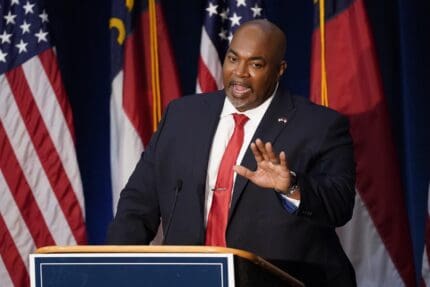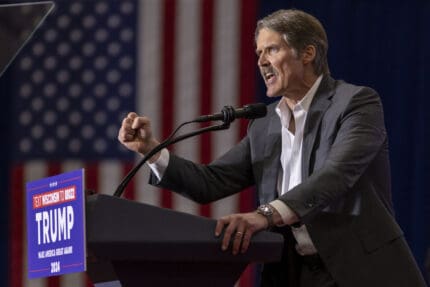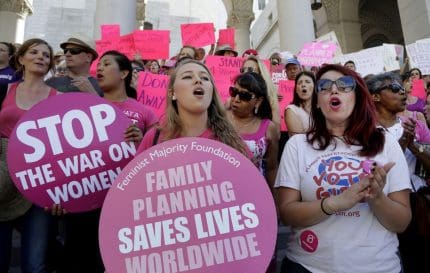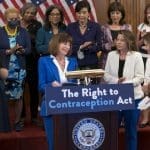GOP fails spectacularly at blaming Biden for lack of bipartisanship on COVID relief
Most Americans don’t believe congressional Republicans negotiated with the president in good faith.

Congressional Republicans’ effort to pin blame for the lack of bipartisanship over the American Rescue Plan on President Joe Biden has failed badly.
A Pew Research Center poll released on Tuesday found that 57% of Americans believe the Biden administration made a “good faith effort” to work with Republicans on the mammoth pandemic relief legislation. Forty percent said they did not believe the administration had made such an effort.
Among Democrats, the number of those polled who answered yes to the question was unsurprisingly high — 87%. Among Republicans, that figure was much lower, at just 23%.
Asked if Republican leaders did the same with the administration, just 42% of total respondents said yes and 55% said no.
Biden announced in January that he would ask Congress to approve the $1.9 trillion legislation to provide $1,400 relief checks for most Americans; unemployment benefits to those out of work due to the pandemic; tax cuts for working families; and hundreds of billions more in funding to help schools reopen safely, assist cash-strapped state and local governments, and improve coronavirus vaccination and testing.
From the beginning, Republicans opposed the legislation; not a single one voted for it at any step of the process.
On Feb. 1, 10 Senate Republicans countered with a proposal that would have given Biden less than a third of what he requested, saying they were doing so “in the spirit of bipartisanship and unity.” Biden hosted them at the White House for a lengthy meeting, but made clear he would not accept an insufficient bill.
Rather than suggest an alternative that was closer to what Biden had asked for, GOP lawmakers then began a campaign to attack the bill as too partisan.
After blocking a House-passed $3 trillion COVID-19 relief bill in the Senate last year, Republicans tried to rewrite history and pretend that congressional coronavirus efforts had always been bipartisan.
In reality, then-Senate Majority Leader Mitch McConnell refused to consider any relief legislation at all from May until September, calling this “the reasonable thing to do” and claiming, “It allowed us to learn the coronavirus didn’t mysteriously disappear.”
After Congress passed less than a trillion in relief in December, Senate Republican Whip John Thune made clear that his party would try to block any further relief under Biden.
Seizing on Biden’s inaugural address call for “unity,” Republicans accused the new president and the Democratic majorities in Congress of somehow breaking that promise by proceeding with the $1.9 trillion legislation against their wishes.
Then, after unanimously trying to block the bill, Republicans denounced it as not “bipartisan” enough.
While the bill proved partisan in the Congress, it proved popular among voters in both parties.
A Morning Consult/Politico poll, released Wednesday, found 75% of registered voters support the $1.9 trillion relief plan — 18% were against it.
Among Republican voters, 59% support the bill and just 35% oppose.
Published with permission of The American Independent Foundation.
Recommended

Biden calls for expanded child tax credit, taxes on wealthy in $7.2 trillion budget plan
President Joe Biden released his budget request for the upcoming fiscal year Monday, calling on Congress to stick to the spending agreement brokered last year and to revamp tax laws so that the “wealthy pay their fair share.”
By Jennifer Shutt, States Newsroom - March 11, 2024
December jobs report: Wages up, hiring steady as job market ends year strong
Friday’s jobs data showed a strong, resilient U.S. labor market with wages outpacing inflation — welcome news for Americans hoping to have more purchasing power in 2024.
By Casey Quinlan - January 05, 2024
Biden’s infrastructure law is boosting Nevada’s economy. Sam Brown opposed it.
The Nevada Republican U.S. Senate hopeful also spoke out against a rail project projected to create thousands of union jobs
By Jesse Valentine - November 15, 2023



















































































